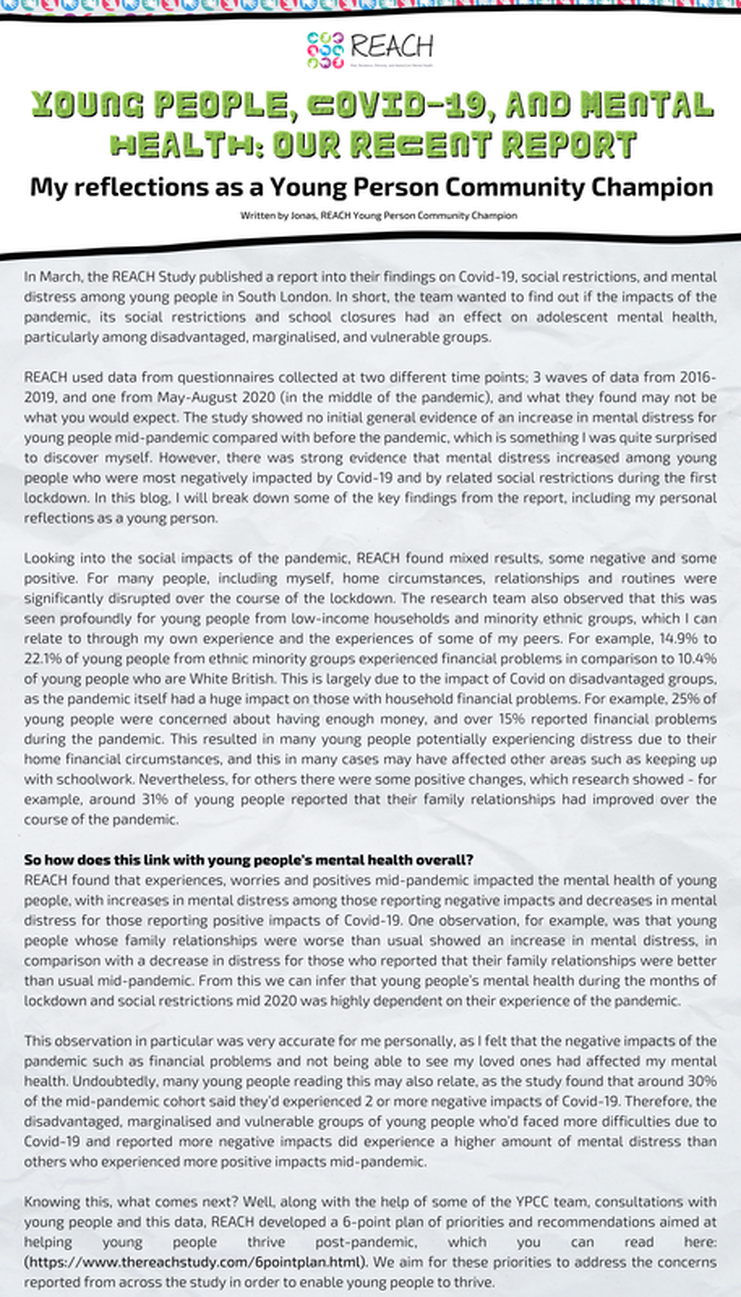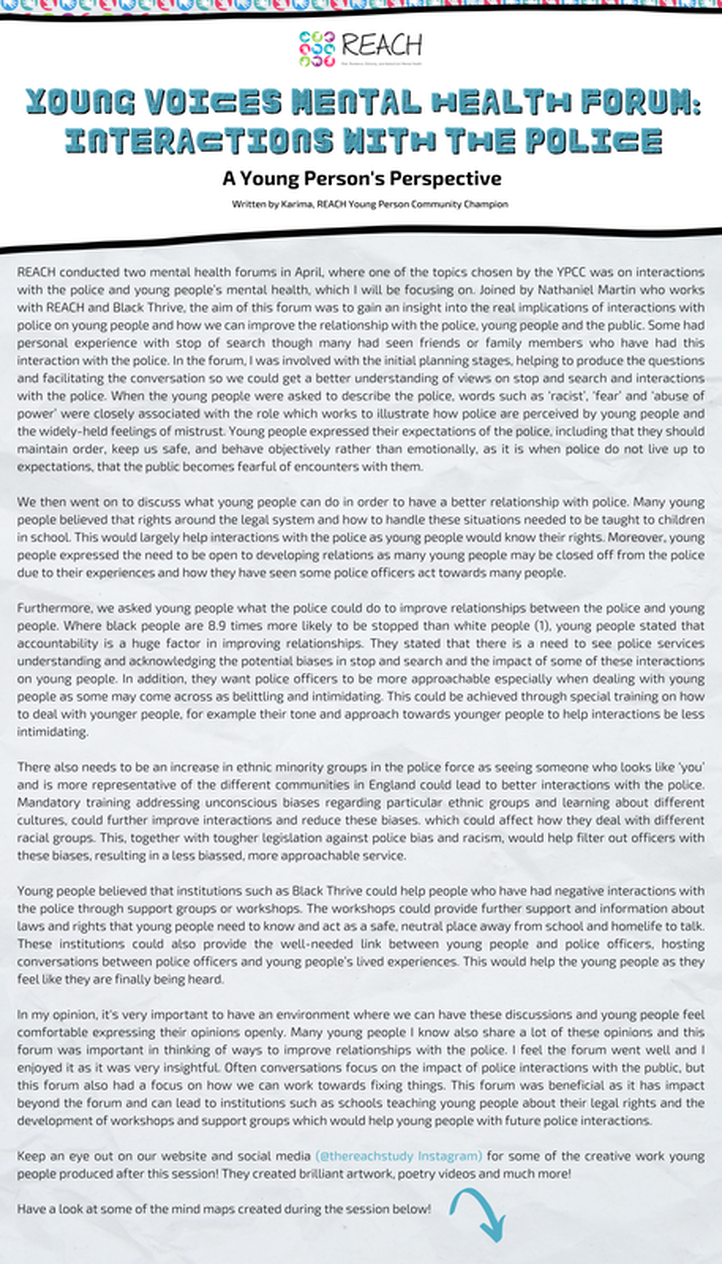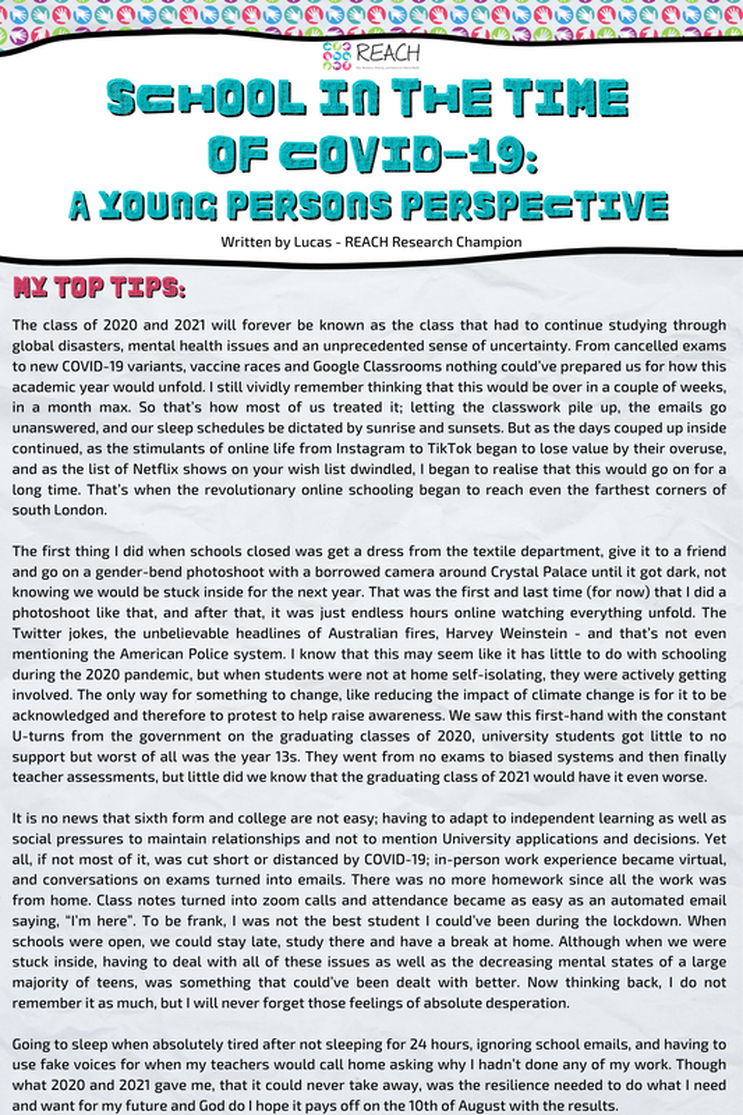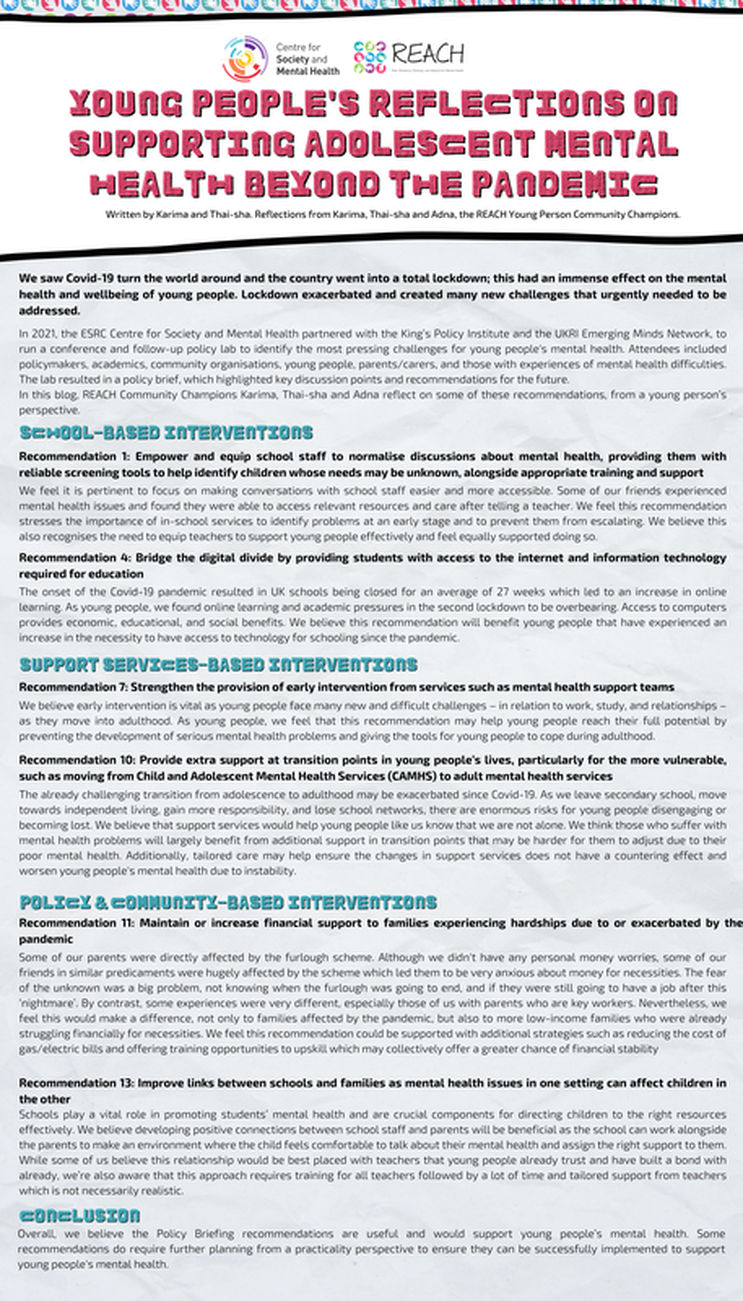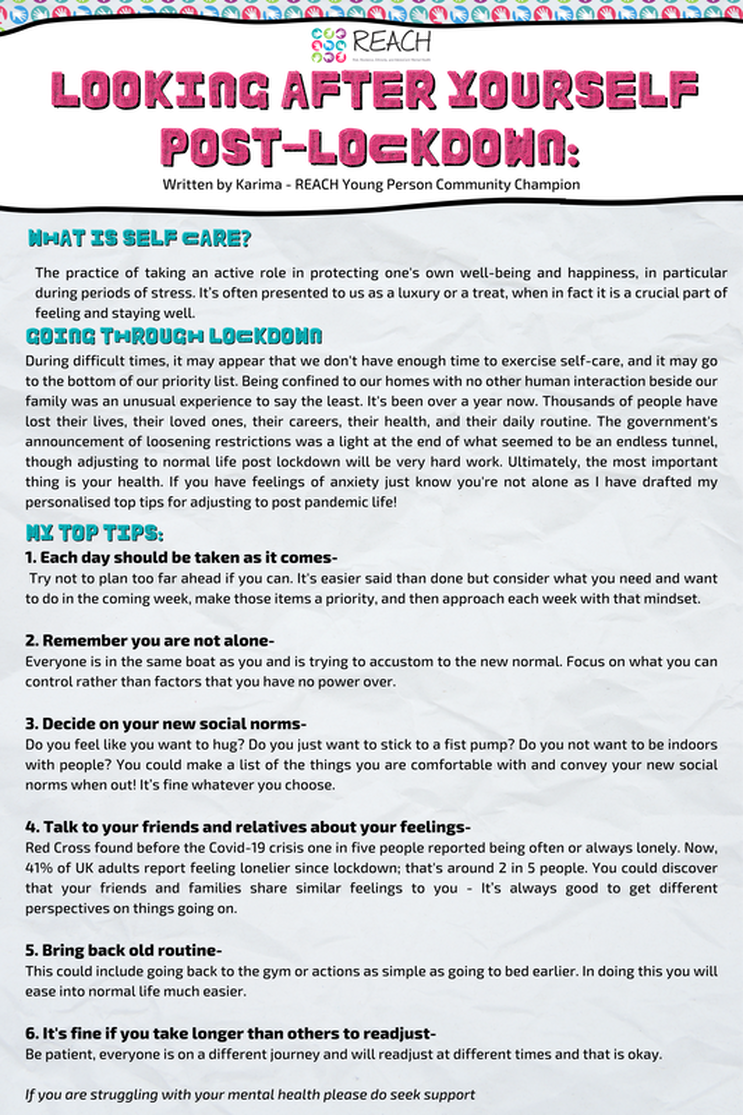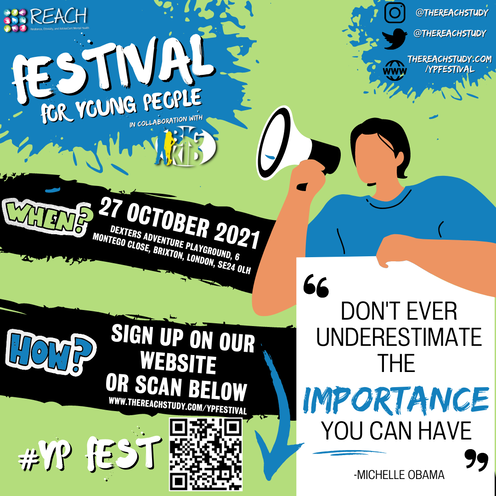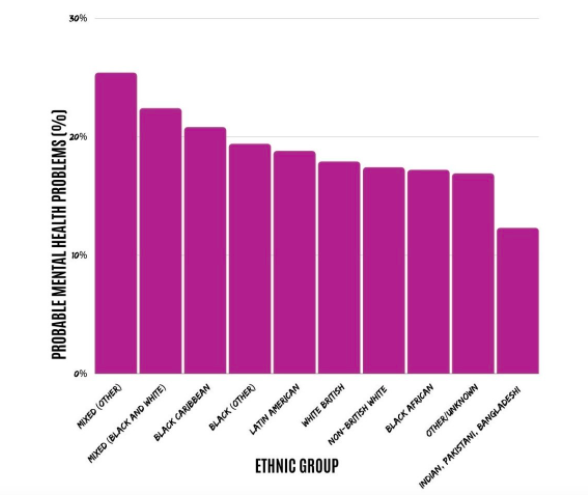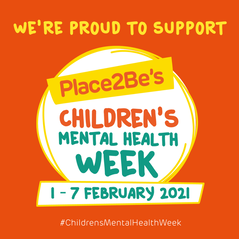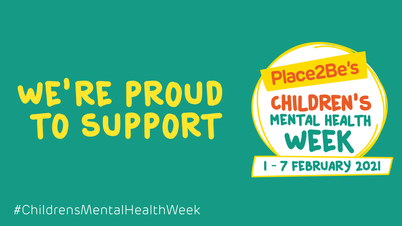Being a Student in 2021: A Young Person's PerspectiveWritten by Jonas - REACH Research Champion 2021 hasn’t been a normal year by any means, and students have felt the ultimate brunt of it all. From completing half our school year sitting at home on our desks (or just in our beds!), to having exams cancelled, it’s been a whirlwind of a time for students all over the country. Now that our summer holidays have begun, it seems like a good time to reflect on our experience over the past couple of months. Looking back to January 2021 and receiving that dreaded news that we’d be in another lockdown after a year of disruption including on-and-off schooling, there was an undeniable sense of frustration in the air for all of us. ‘Three whole months of online school?!’ I thought, ‘I am definitely not going to get through this!’ Being very honest, I struggled a lot with staying focused. I mean, with Netflix, my phone, and my bed right in front of me, I didn’t stand a chance, and I’m sure I’m not the only one! But about three weeks in, something clicked for me, and I had to realise that as a student, especially being an A-Level student, I have to work hard for myself. Once I realised that, I instantly took control over the distractions and low motivation, and started working much harder at home, despite everything going on around us with the pandemic. It's also important to note the effect this year has had on our mental health as students. Spending so much time isolated from our friends, family and loved ones while dealing with the pressures of keeping up with schoolwork and balancing our rest time – it’s a lot to handle. It’s okay not to be okay, and don’t feel guilty for letting yourself have a break. As much as we students want to excel, we have to prioritise our mental health and ensure we strike a balance of being productive and looking after ourselves. For all the students out there, it's important to recognise when you’re not feeling okay. You might want to confide in a loved one – I always feel better talking to someone I trust. It’s definitely been strange to be a student at any stage this year, but I know that above all the disruption, a sense of resilience has been built up amongst all of us, so each and every student deserve a pat on the back for making it through. The REACH Festival for Young People is bringing young people together to discuss such experiences, as Jonas has shared, during the pandemic and what we need to do now to enable young people to thrive. REACH understands the importance of including young people in conversations surrounding their own futures. In bringing young people together, we’re hoping to amplify their voices and opinions to help shape mental health, education and government policies directly affecting young people. It is only through thoughts, opinions, and voices of young people, that steps towards positive change are made possible. Click here to learn more about our Festival for Young People 2021! Sign up to have your voice heard!
Misconceptions about AnxietyWritten by Karima Clement-Gbede - REACH Young Person's Community ChampionI first heard about anxiety early in my secondary school through my friends and was shocked about how many people close to me it affected. When I started A-level psychology, I was able to get a deeper understanding into what anxiety really was and how it affects people in their everyday life. To give you a clear definition, anxiety is a natural emotion that everyone experiences, but when an individual experiences a constant sense of unease and concern that interferes with their daily activities, it may be a sign of an anxiety disorder. Anxiety is a common condition that a growing number of people are dealing with, I was shocked to find on CAMHs website that 40% of people do not seek medical help and suffer alone due to this. MYTH: ‘Anxiety is something you will just grow out of’ This is a common misconception which I think can stop many young people from asking for help. I have learnt that for some people, anxiety can turn into a long-term problem and can affect people in all different ways. Young people have many day-to-day things to deal with which could contribute to stress such as school, exams and even friendships and relationships with family. These causes of stress can affect us throughout our lifetimes. Instead of hoping these stressors will go away on their own, it’s important to find positive ways of coping both in the short and long term. Many of my friends have found it useful to seek school support when they have heightened episodes of anxiety or try and focus on a recreational activity such as painting. MYTH: ‘Anxiety is a sign of personal weakness’ Anxiety does not discriminate; I have found that anxiety affects all types of people no matter your age, race, or gender. The belief that anxiety is a sign of weakness can contribute to the stigma associated with anxiety. I believe this long-standing stigma must be eradicated, as it prevents many people from finding support or advice due to the thought of having a negative reaction. Many people I look up to such as Oprah Winfrey, Ariana Grande, and Selena Gomez, who are all talented and powerful women, have spoken about their struggles with anxiety. I feel that it is important that these celebrities have spoken up about their anxiety as they are in the public eye and can influence people's perspectives and give people the confidence to also speak out or try and find a means to change the misconceptions about anxiety. MYTH: Anxiety only affects women According to Better Health, on average one fifth of men are likely to experience anxiety in some stage of their life and men are less likely to talk about their anxiety. I think many people associate anxiety with women, but anxiety affects men as well, but the symptoms can sometimes look different. Anxiety can take different forms including excessive sweating, dizziness, panic attacks and insomnia. Like female role models, many well-known male celebrities, such as Chris Evans, Ryan Reynolds, and Zayn Malik have spoken out about their anxiety. I think it’s important we try to reduce the stigma associated with anxiety including gender stereotypes MYTH: ‘Anxiety is not a real medical disorder’ This is a common myth I have heard in and around my community. Anxiety is as real as a physical disorder and can be felt in a variety of ways. For some people anxiety can cause physical symptoms that affect their sleeping and even breathing. Anxiety can influence our behaviours as well predisposing you to lose you feel more agitated or avoid certain people or places. These are not attention-getting behaviours, but physical signs of anxiety. Some people find that anxiety makes them act in different ways and at times, may not realise that their feelings or behaviours might be symptoms of anxiety. As human beings we crave social interactions and whether you’re struggling with anxiety or not, we all can benefit from having someone to talk to. If you find that you’ve been affected by anything in this blog and would like to talk to someone, there’s many helpful organisations dedicated to supporting people struggling with their mental health. Please click here to find our list of resources.
The REACH work experience: from an attendee's perspectiveWritten by Adna Hashi - REACH Young Person's Community ChampionI did my work experience with REACH in the June half term of 2020. Last year was a very unfortunate year for all students on the lookout for work experience. At that point I would take any experience to help me have the upper hand when it came to my personal statement and the hunt of applying to university. Little did I know how much I would gain when the invitation to this work experience dropped into my inbox. I personally can’t thank the REACH team enough for this virtual work experience week, because it helped me gain unmatched skills. The work experience introduces psychology, covering all the basics. Therefore, I am going to give you an insight into the week, drawing on some other reviews of the work experience from fellow students and aspiring researchers of similar ages in this blog post. Make sure to read all of it! To summarise: REACH (Risk, Resilience, Ethnicity and Adolescent Mental Health) is a research study at King’s College London. As part of REACH’s engagement work, they offer a five-day virtual work experience opportunity to young people with an interest in psychology, mental health and/or research. The programme aims to develop the skills needed for working in mental health research and achieves this through covering a range of topics including psychology, mental health, research methods and public engagement in research. The sessions provide attendees with the knowledge they need to complete tasks that researchers working in mental health do on a regular basis including, designing research, advising on current research projects at King’s College London, and issuing research findings through newsletter articles, blogs, and social media content. The days ranged from psychology career talks and lessons, to recognising the symptoms of common mental health disorders and the stages that begin when someone seeks help from professionals. These sessions offer an insight into the history of psychology, including approaches, assumptions and contributions of psychologists, right up to present day work settings! The passion project: Lynsey Dorn – a research assistant for REACH primarily runs the work experience programme. Lynsey suggests “this work experience week is all about deepening your understanding of working in psychological research and taking part in engaging tasks and activities every day to further support and challenge you in new and interesting ways, to reach your highest potential”. I felt like the work experience week was an opportunity for me to think in new ways. For me it piqued my interest in psychology and encouraged me to think in new ways, to be creative and to apply new concepts and ideas in ways that I didn’t think I could before. This work experience week fuelled me and strengthened my confidence in my ability. Not only are you receiving a unique opportunity to complete work experience at a prestigious university like King’s College, but the aim is also to build confidence levels in a range of topics and opens up the opportunities for pursuing psychology at higher education. The programme highlights these careers are not out of your grasp and there are many ways you can get involved in psychology or as a researcher. My favourite sessions included the introduction to psychology. At the time, I had recently started studying psychology at A level, and I felt like this session was useful in increasing my understanding and I found it incredibly interesting. I also valued the collaboration and interactions that took place with other attendees during the sessions. When someone had a question or didn’t understand what was happening, we helped them in chat function. Tasks are flexible, creativity is applauded in the daily tasks! I created a presentation on a topic of my choosing about psychology and I picked emotional support animals. I was encouraged to go about this in my own way, so I used a unique platform and decided to add pictures, and fun facts in addition to the content and I had a mini quiz at the end. Whatever works for you because there is no one size fits all approach to this! Personally, I found that there was no rigid structure to the tasks which allowed me to be more creative than I expected. I felt more comfortable to carry out the tasks and get involved. I quickly learnt that the emphasis of the work experience was placed on what skills I wanted to gain from it as opposed to what work I would produce for REACH. Essentially that, the value of the programme wasn’t about the content produced but the development of using new skills to create content. I was encouraged to do what I felt I was ready to do, I felt no real pressure to perform which made me want to get involved that much more. As for Lynsey’s personality, students that have attended the work experience week have praised her immensely. Here are some quotes from previous students; “The welcoming atmosphere [Lynsey] created motivated me to present my area of discussion to my peers virtually’. Another student said the environment created by Lynsey leads to ‘great feedback and positivity which escapes the screen and uplifted me in every way from day one!’. Personally, I believe Lynsey is the glue that holds it together, and the students are also what make the work experience what it is. I thoroughly enjoyed talking to my peers through the chat function on our breaks or in the optional sessions. We talked about anything and everything, the environment is so fun and encouraging. If you’re interested and would like to attend, the next work experience week commences on the 9th August 2021. You can sign up here, or to find out more you can get in touch here: [email protected].
REACH findings so far...Social distancing, remote learning, changes to exams, economic impacts, and the fear of the unknown because of COVID-19 have all been challenging for young people. From differences in school routine to working from home, we are all experiencing this ‘new normal’ together. However, if you have found yourself struggling during this time, the REACH team have put together a few tips that you might find useful; simply scroll down to our previous post where you can read all about them. We know you have all been waiting patiently to find out what we have learned from The REACH Study and how your valuable contributions have shaped our research. The first REACH paper highlights some of our findings on how common mental health problems are and has just been published, which means we are now able to share them with you! The REACH Study is interested in understanding the best ways to promote good mental health and wellbeing amongst young people, particularly those from diverse backgrounds. From February 2016 to January 2018, 4,353 secondary school pupils took part in an annual questionnaire which asked them all about their experiences and mental health. Based on these questionnaires, we have found: 18.6% OF PUPILS HAD DIFFICULTIES WITH MENTAL HEALTH That’s 1 in 5 people… or 6 in your class of 30! 14.5% LIKELY TO HAVE DEPRESSION13.7% LIKELY TO HAVE ANXIETYMental health difficulties, especially anxiety, were more common amongst girls and those from economically disadvantaged backgrounds (those receiving free school meals). 14.5% HAD SELF-HARMEDWhere there is a big focus on addressing the increasing mental health problems in girls, little attention is often aimed at mental health and self-harm among boys. 12% OF BOYS HAD SELF-HARMED BY THE AGE OF 11-14That's approximately 1 in 8! This highlights the urgent need for understanding and awareness into the mental health of boys. MENTAL HEALTH DIFFICULTIES WERE MORE COMMON AMONGST THOSE WITH A MIXED ETHNIC BACKGROUND (25.4%) That’s 1 in 4 from a mixed ethnic background! CHART TO SHOW HOW COMMON PROBABLE MENTAL HEALTH PROBLEMS WERE BY ETHNIC GROUP The findings from The REACH Study, based on young people living in southeast London, are quite different to those reported nationally. The REACH Study has found that 1 in 5 young people in south London have had difficulties with their mental health, compared with 1 in 7-8 in the UK. The findings so far have implications, not only for research, but for mental health intervention, local services, and policymaking.
As our research findings continue to unfold, it will be important for us to understand the extent to which COVID-19 plays a role in the development of mental health problems among young people from diverse backgrounds. Researching the experiences of young people will help to identify how they can best be supported through adolescence and into adulthood. Make sure to stay tuned for more exclusive information on this research and how you are making a difference in shaping the future of mental health policy and practice! Click here to read the full paper. If you have any questions, send us an email at [email protected]. In the meantime, why not follow us on our Instagram page and Twitter @thereachstudy for extra special insights, competitions, events and much more! Children's Mental Health WeekIn July 2020, the REACH team welcomed their first group of virtual work experience students. As part of their work for the week, some of the students chose to write blog posts on the experiences of young people during the COVID-19 pandemic. To mark Children’s Mental Health Week, we want to highlight the challenges that young people in south London have been facing at this time, as told in their own words. The following post uses quotes from three students aged 15-17. One young person touched on how rapidly they’ve had to adjust to a number of different changes. They also noted how poor access to the internet has become a particular challenge for some: As you all know we are currently in a global pandemic of COVID-19. The pandemic has made many changes to our lives and we have all had to adjust to these different changes rapidly, but the group within society that I believe has seen the biggest impact is young people. The virus has affected our daily routines and our normal life, it has also impacted our mental health and wellbeing. Schools closed on March 20th and students have been learning online with work being sent from their teachers. This has been a massive change for young people as we have been responsible for our own learning and have been trying to work through the curriculum independently. It has been challenging to those who haven’t had good access to internet and those who find independent study difficult to adjust to. Another young person highlighted how challenging they had found adapting to remote learning and a change to their routine: From personal experience, I have struggled with online school. A high volume of work was set which left me feeling overloaded with essays and assignments as well as learning new content by myself. I had to depend on my own understanding of the subjects to pull through and not slack behind. I found myself losing a daily routine for school. My sleeping pattern suffered, I had a poor diet and lost motivation to do my work. These feelings caused me to continuously avoid doing assignments which added to my feelings of stress. An added stress came from the uncertainty around exams and assessments. The cancellation of exams caused a huge feeling of anxiety for Year 11 – 13 students in particular. Many have felt overwhelmed by the enforcement of new centre assessed grading system where previous mock exam grades and class work contribute to final GCSE, AS and A level grades. This is very nerve-wracking for some who may find that they receive lower grades than if they’d sat the exams and beneficial for others who might find that their final results are better under the new grading system. Changes to social interaction was also mentioned, including the lack of in person social interactions and the increase in time spent online: Young people have also had to adjust to not being able to see their friends and extended family, which has affected wellbeing and mental health. We have been deprived of the social interactions outside of our households for several months. Many young people have switched to online alternatives to interact with their friends and family, and to kill time. We’ve been doing this in a number of ways, for example, using social media, phone calls, video calls and video games. Some parents are unhappy with the amount of time their children are now spending online, but I am sure that the parents would rather their child be online than catching the virus! In these weird and uncertain times, young people are just using what is available to them to make sure they don’t miss out on time spent with friends. I personally believe that the modern online alternatives are incredibly important for young people at the moment. However, there have been some positives. One young person described how the change in routine has also led to discovering new things that they enjoy: Lockdown has also been a time where a lot of teenagers have discovered something new like baking or even just cooking more foods for their family. When going into the shops at the beginning of lockdown, the flour shelves in the bakery isle were empty and there were no chocolate chips! I’ve spent more time helping in the garden over lockdown. I think that is really important to be outside and be around nature as it really helps with mental well-being. To find services and organisations that can help to support you and your mental health during the COVID-19 pandemic, go to our COVID-19 Resources for Young People page. To learn more about the REACH study, click here. For more information on Children's Mental Health Week, click here.
|


